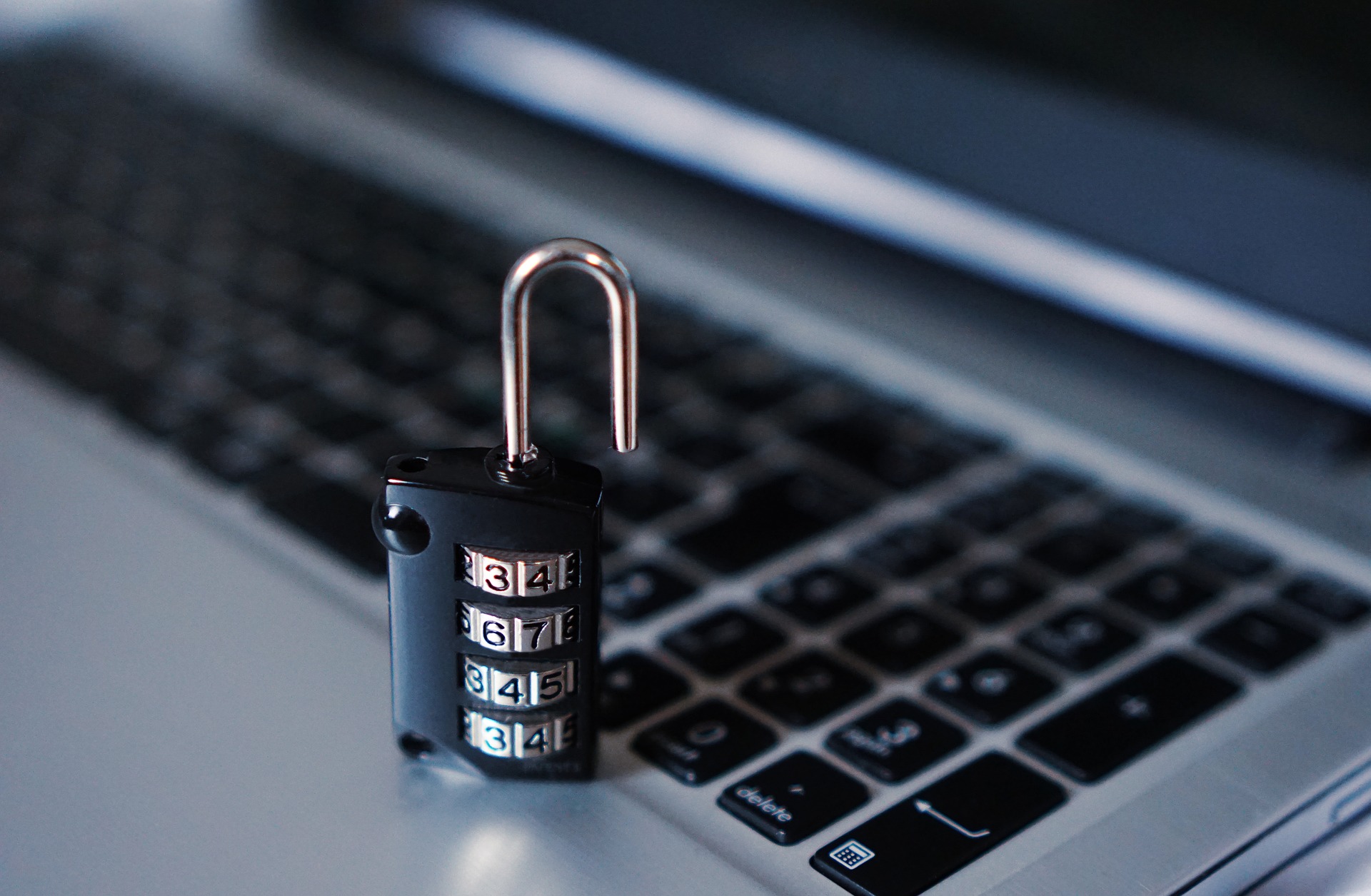The BBC reported this week that several schools on the Isle of Wight in the British Isles were hit with a string of ransomware attacks. Ransomware is a form of cybersecurity breach in which a cyber criminal either threatens to release private information to the public or block access to their data altogether until they pay some kind of ransom. Both individual users and entire firms have been hit by ransomware attacks in the past. Luckily, there are steps firms can take in order to protect themselves.
Understanding Ransomware
Though hackers' tactics have changed over time, all ransomware attacks share some common features. Usually, a malware program is let loose into a computer system, which encrypts the data within, rendering it inaccessible. Hackers will then leverage this inaccessibility by insisting the owners of the system pay a predetermined amount of money before removing the malware and decrypting the data. Hackers may also copy the data and threaten to either sell or give it away to malignant third-parties as a kind of blackmail. As recently as last month, a wealthy venture capital firm in Silicon Valley, Advanced Technology Ventures, was hit with an attack in which cyber criminals stole personal information about the firm's investors before encrypting their files with malware. Unfortunately, it seems that even wealthy businesses, located in the center of modern technological innovation no less, aren't entirely safe from ransomware attacks.
What Should You Do If You're Hit with a Ransomware Attack?
If you believe your system has been hit with a ransomware attack, immediately isolate the system by taking it offline. Disconnect it from any WiFi networks and unplug any Ethernet cables connecting it to your internet service provider. Unplug your modem and any wireless routers you're using. This will prevent the malware from spreading to other systems in the network. Move all communications onto non-internet based media, such as cell phone networks or landlines if they're available, as hackers often monitor the systems they're attacking to see if their victims are trying to circumvent them. If you can't isolate your systems from an internet signal, power them down and then unplug them from their power sources. Only do this if you can't isolate the system from the internet.
After that, immediately contact a qualified IT team, either your in house team or a contracted third-party, to begin system recovery and restoration. They can also ascertain how profound the damage of the attack has been and if it has spread to other systems. Lastly, contact federal authorities to report the incident and launch an investigation. In addition, they can provide you with free decryption resources to help retrieve your compromised data.
Preventing Ransomware
Taking the time to implement preventative measures against cyber crime will go a long way in ensuring your firm's security. Luckily, most consumer and commercial security software has built-in measures to protect against ransomware. It's always advisable to invest in some security software that can be implemented throughout your organization. Moreover, always keep backups of all of your data on secured servers away from your main terminals. That way, any lost data can be retrieved on short notice. Have written security protocols and policies in place, not only relating to potential attacks but also more mundane practices like organization wide two-factor authentication, password sharing, user access, and network management. If you'd like a more detailed summary of best practices surrounding computer security, the Department of Homeland Security has published a free guide on IT security for businesses, especially as it relates to ransomware. You can read it here.
Even with all these things in place, small businesses who are strapped for cash and operating with a small number of staff may find such measures time consuming and confusing, especially if they don't happen to have anyone tech-savvy on your team. Luckily, a managed IT provider like Titan Tech can provide security plans, 24/7 monitoring, secured back ups, immediate emergency response, and general expertise on every aspect of modern computing, all without breaking the budget.
If you'd like to learn how Titan Tech can keep your data safe, check out their website. And be sure to join us next week for more tech news.

